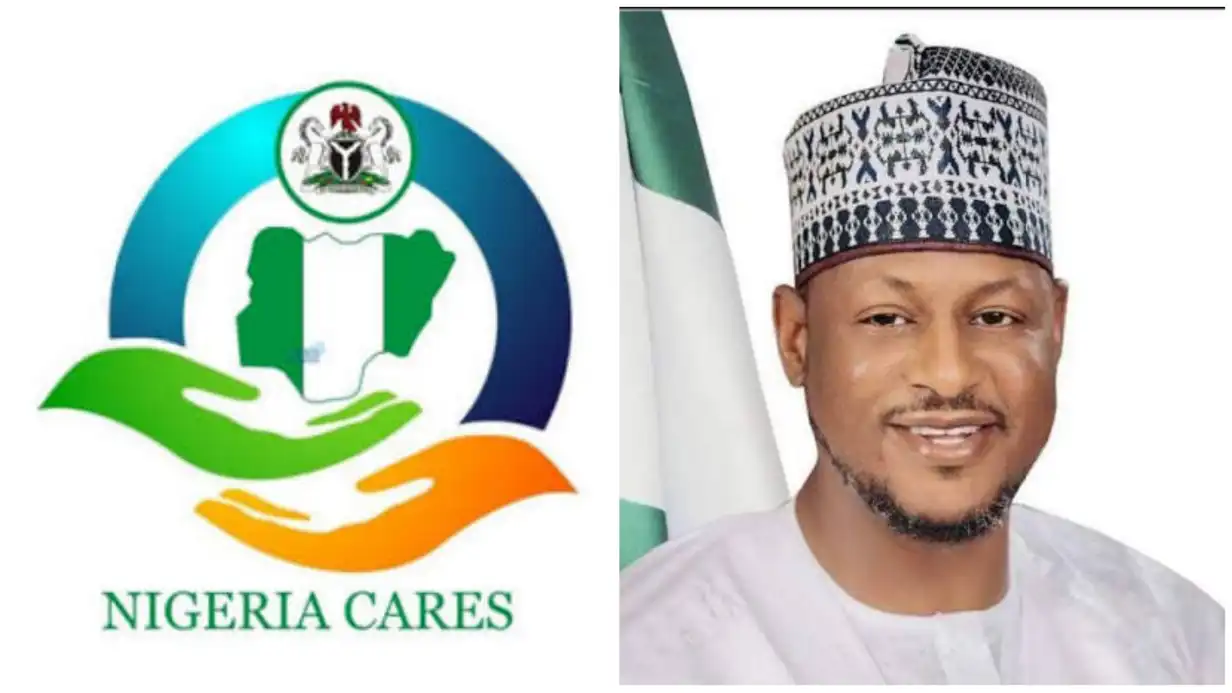Katsina State Government has announced that it has set aside more than N100 billion for the implementation of various programmes under the Nigeria Community Action for Resilience and Economic Stimulus (NG-CARES) scheme.
The intervention programmes, which are being carried out across the country, are designed to tackle challenges around food security, potable water, healthcare, education, and the provision of small grants to households for livelihood projects.
Confirming the development, Ibrahim Kaula Mohammed, chief press secretary to the Governor of Katsina State, issued a statement on Monday, as reported by BusinessDay. Governor Dikko Radda made the disclosure during a two-day National Retreat on NG-CARES. The retreat, which had the theme “Building a Sustainable NG-CARES Programme: The Role of the National Assembly,” brought together lawmakers from both the federal and state levels, development partners, and community stakeholders.
Governor Radda described the NG-CARES initiative as financial support to help households navigate economic hardship. He urged participants at the retreat to come up with innovative solutions to protect the poor, empower youth, and build resilience in both rural and urban communities.
He further highlighted the progress made by the state through initiatives in climate-smart agriculture, skills training, and support for micro, small and medium enterprises (MSMEs). According to him, these efforts are revitalising local economies, promoting self-reliance, and creating opportunities for inclusive growth. He assured that his administration would continue to invest in these programmes to deepen their impact.
In his remarks, Lukman Mudassir, who represented the Speaker of the House of Representatives, Abbas Tajudeen, commended the Katsina State Government for settling all outstanding pension arrears. He also noted that the state had become a model of accountability, pointing out that the House of Representatives had set up a dedicated Committee on NG-CARES/CSDP to ensure that social protection reforms reach every vulnerable Nigerian.
Also speaking, Abubakar Yahya Kusada, Chairman of the House Committee on NG-CARES, recalled the different interventions introduced during the COVID-19 crisis to support households, farmers, MSMEs, and vulnerable groups. He praised Governor Radda for strengthening the Community and Social Development Agency (CSDA), describing it as a strong vehicle for poverty reduction.
Kusada revealed that the National Assembly had made provisions in the federal budget to support the implementation of NG-CARES programmes nationwide, ensuring both continuity and predictable funding. He disclosed plans for the creation of a centralised digital dashboard that would provide real-time updates on programme implementation across states.
“The vision is clear — to transform NG-CARES into a fully institutionalised, sustainably funded, and nationally owned programme,” he said.
In a goodwill message, World Bank representative Pami Ade acknowledged the difficult reality of poverty in Nigeria but expressed confidence that structured interventions like NG-CARES were designed to address these challenges. He commended Katsina’s ward-based model, which allocates at least N10 million to every community for priority projects such as schools, clinics, roads, and agricultural inputs.
“This is true community-driven development. Proper use of funds encourages more support, addresses food insecurity, and reduces frustrations that often fuel violence,” Ade said. He called for stronger laws and institutional frameworks to secure the future of NG-CARES, recommending that Katsina’s approach should be replicated nationwide.
The retreat was attended by development partners, traditional rulers, state commissioners, and civil society groups. Discussions focused on strategies to institutionalise NG-CARES, promote transparency, and strengthen Nigeria’s social protection system.

